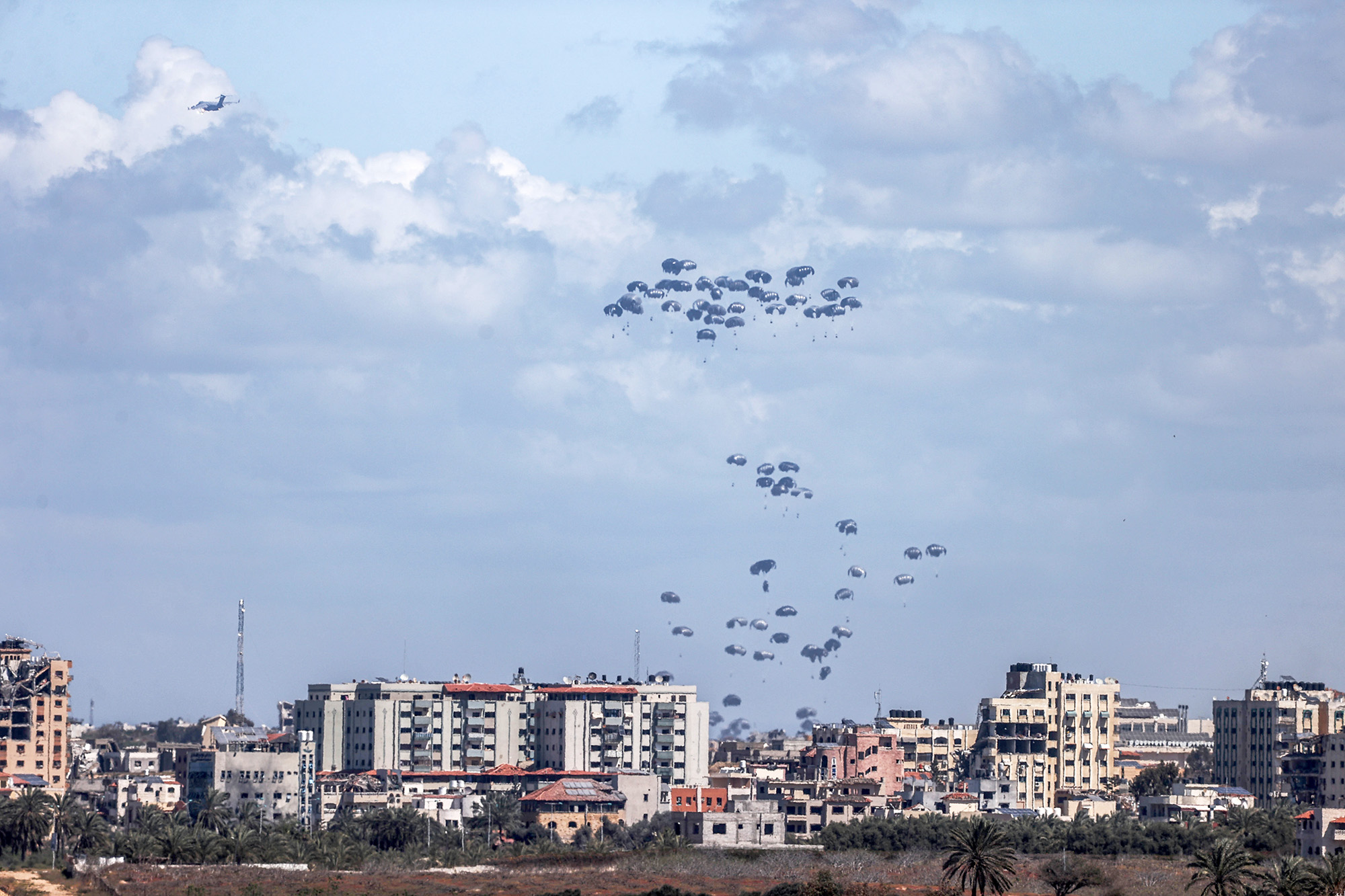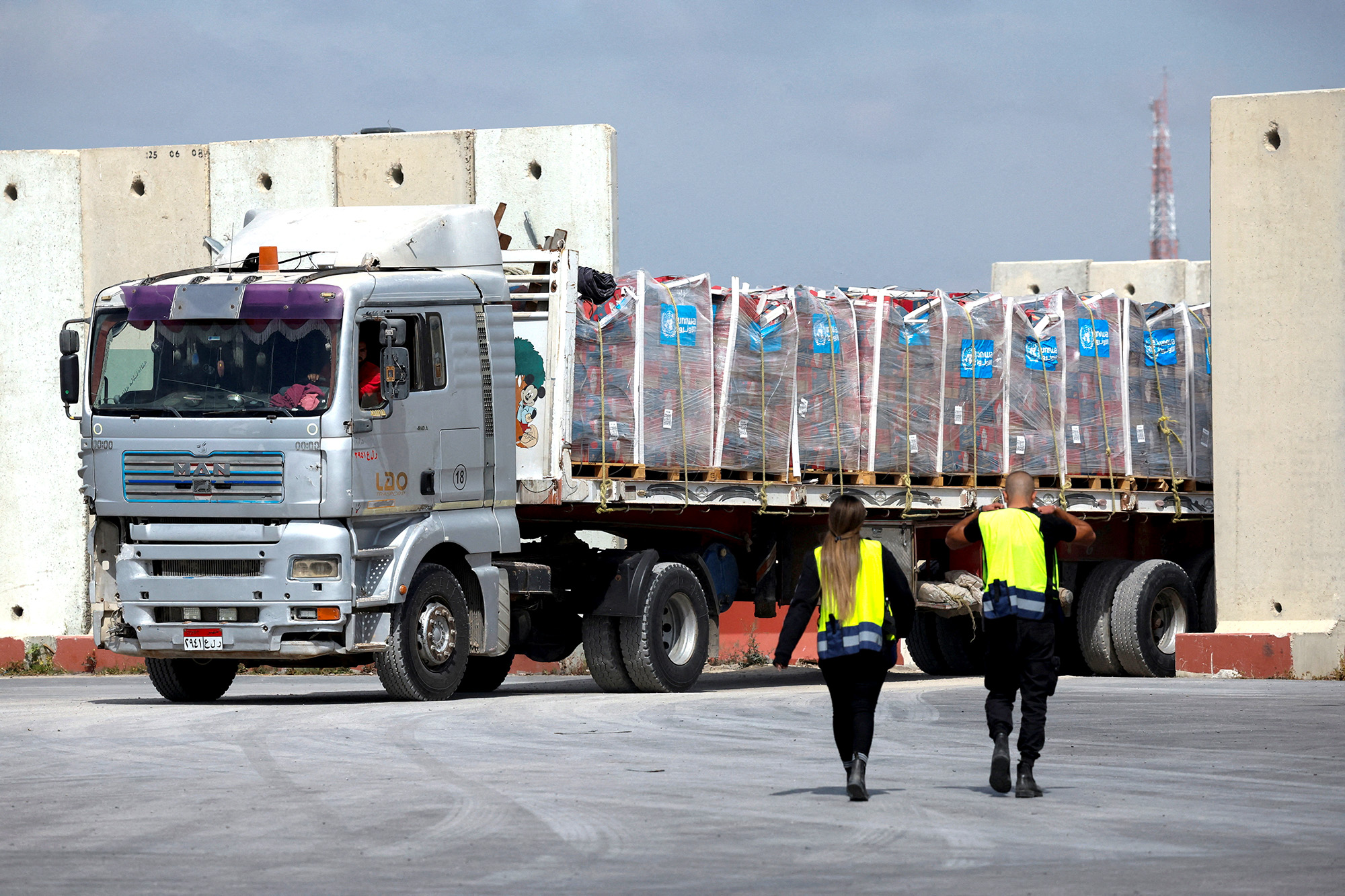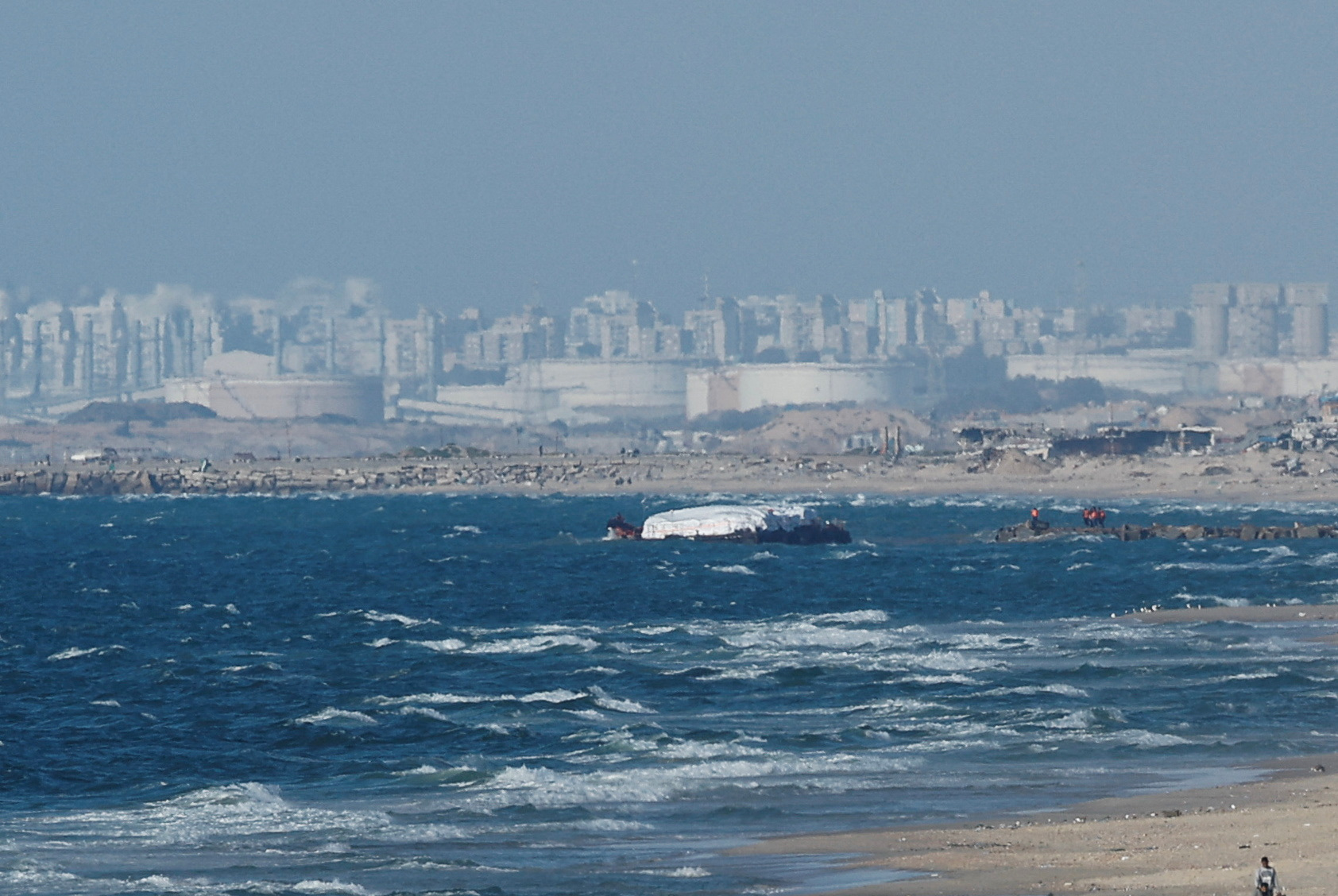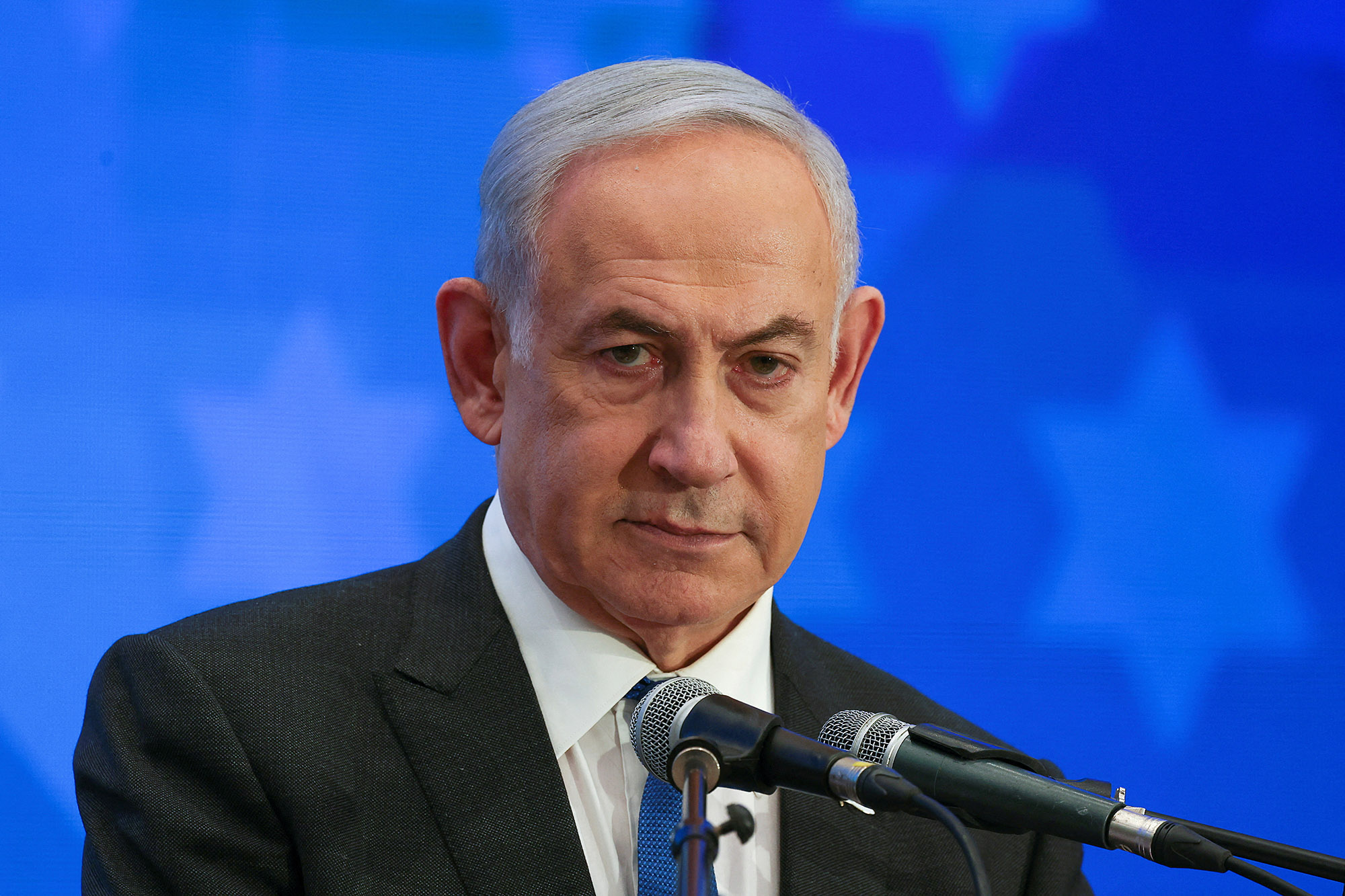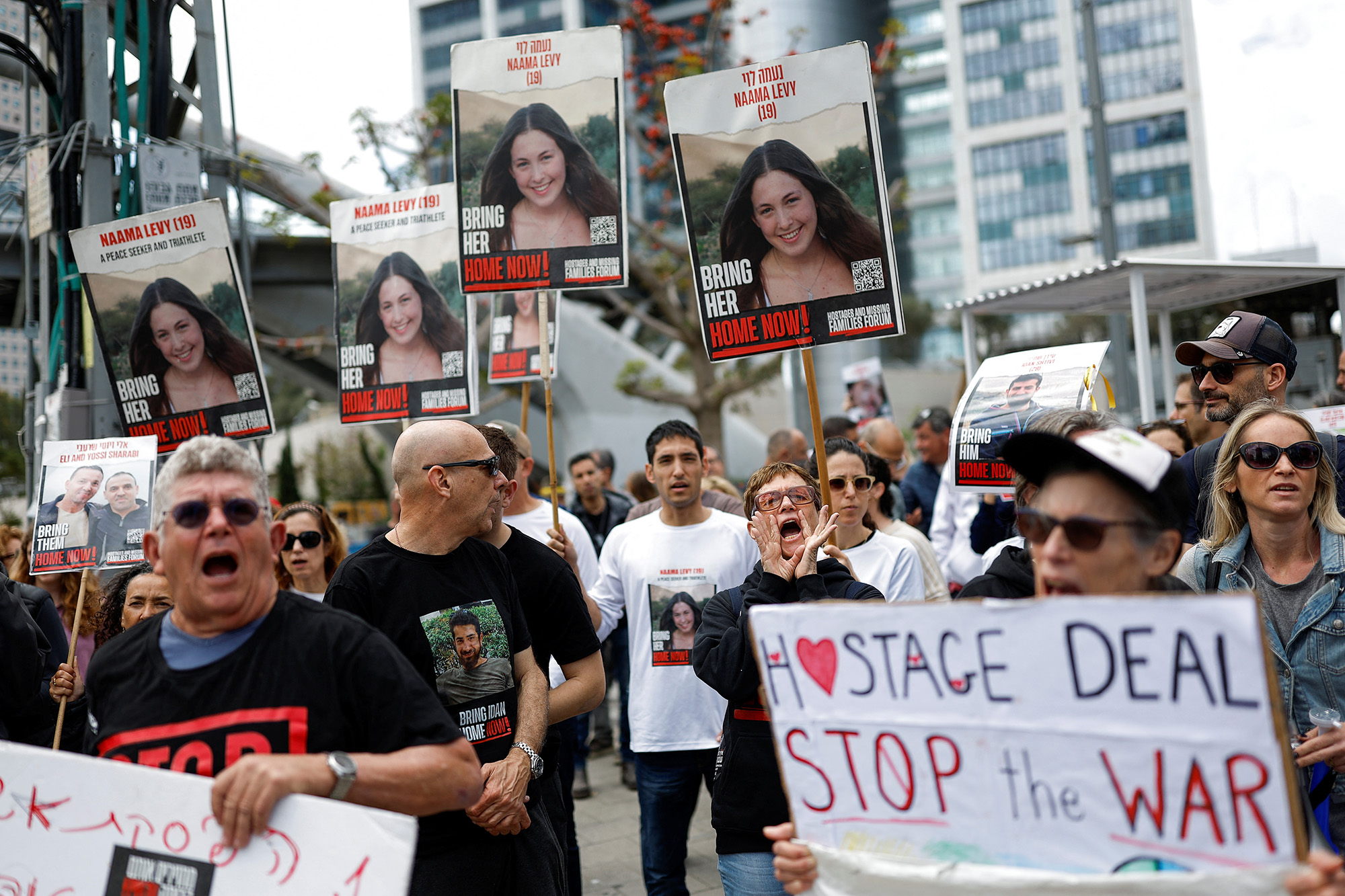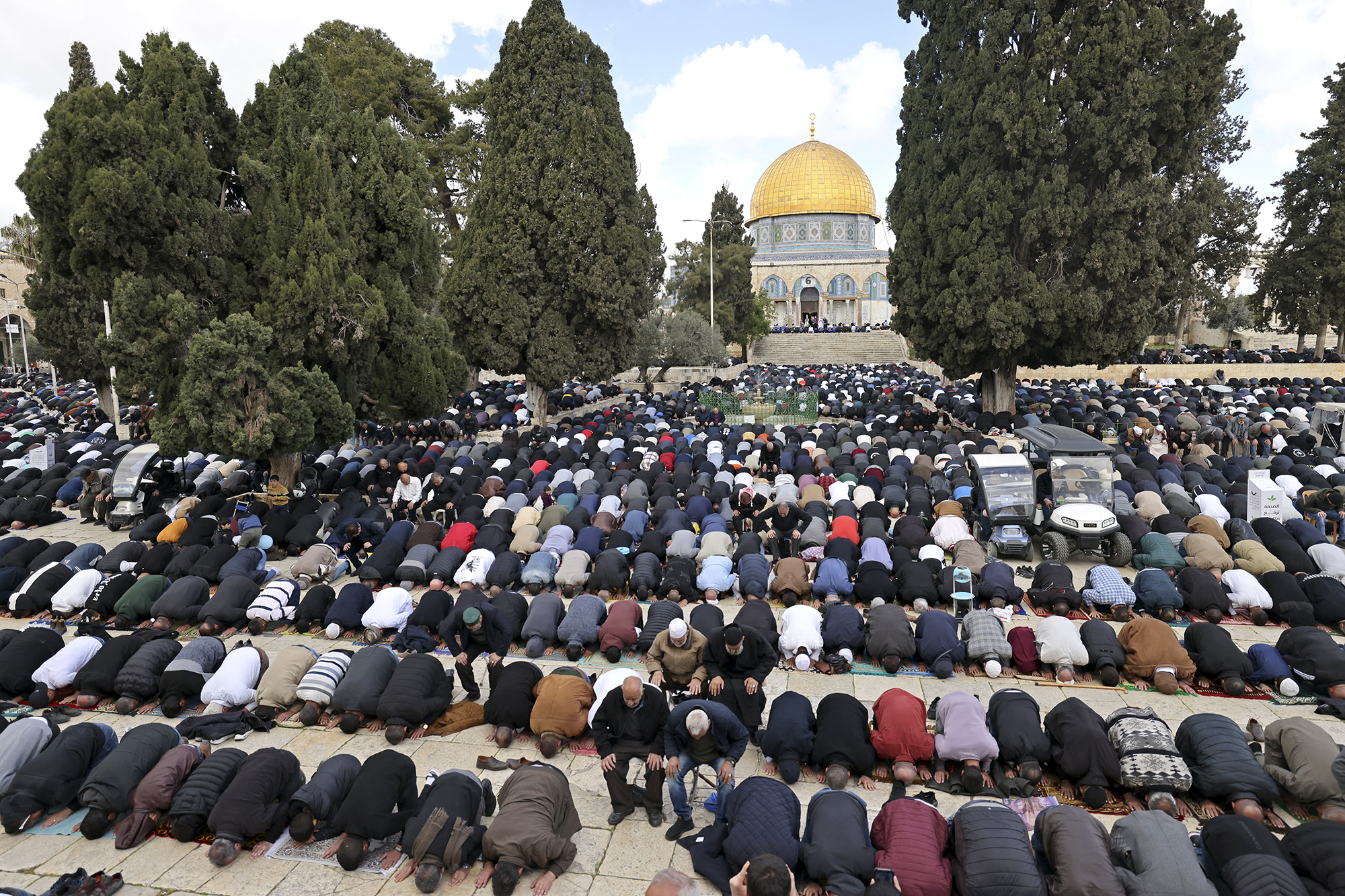The White House has not seen any plans from the Israeli government related to Rafah, a US National Security Council spokesperson told CNN, following comments from Israeli Prime Minister Benjamin Netanyahu's office Friday approving "plans for action" in the southernmost Gazan city.
"We have been clear about the need to prioritize civilian protection," the spokesperson said. "We have not seen a plan from Israel related to Rafah."
A spokesperson for Netanyahu said the Israel Defense Forces was preparing for both “the operational side” of a military operation, as well as for the “evacuation of the population.” More than a million Palestinians are in the city, with many of them having been forced to flee there since the beginning of the Israel-Hamas war.
US President Joe Biden said last weekend in an interview that he viewed Israel going into Rafah as a "red line," which the White House then attempted to walk back. White House officials have said repeatedly that the Biden administration would not condone Israel expanding its military operations into Rafah without a credible plan to protect civilians in the area.
US Secretary of State Antony Blinken echoed the comments during a news conference in Vienna on Friday with Austrian Foreign Minister Alexander Schallenberg.
"We have to see a clear and implementable plan, not only to get civilians out of harm's way, but also to make sure that once out of harm's way, they're appropriately cared for with shelter, with food, with medicine, with clothing, and we've not yet seen such a plan,” Blinken said.
CNN's Michael Conte contributed reporting to this post.
